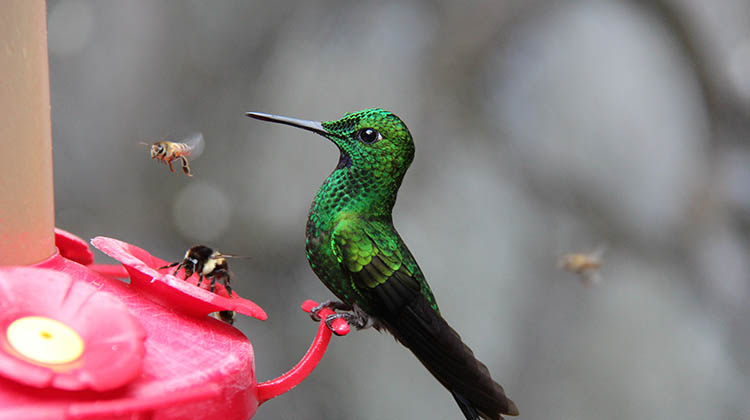Talking Sex

Children are getting a sexuality education every day from the world around them. But is it the one you want them to receive?
I wrote a book to help parents have important conversations with their kids about sex, or more accurately: human sexuality, respectful relationships and consent. I like to call it HSRRC.
Whether you like it or not, HSRRC education is your children’s right and adults' responsibility. One of the most important accountabilities as a parent is to be the main, trusted source of comprehensive, age-appropriate information, giving children the best opportunity for a safe, healthy and happy journey through life.
We have to ensure that children’s basic human right to knowledge is upheld via education that supports age-appropriate development and wellbeing for a lifetime. HSRRC education underpins a deep and empowered sense of self, as well as helping children foster relationships and experiences that are respectful, fulfilling, enriching, pleasurable, joyful, healthy and safe. According to UNESCO (2018), comprehensive and accurate human sexuality education can:
• Increase adolescents’ confidence and ability to make informed decisions
• Encourage respect, acceptance, equality and empathy
• Delay the initiation of sexual intercourse to a later age
• Help young people to distinguish between accurate and inaccurate information found online
• Help prevent sexual abuse
• Increase the use of contraception
• Prevent unintended pregnancy and sexually transmitted infections (STIs)
• Provide additional opportunities for young people to learn about and discuss relationships and sexual health issues outside their homes.
It’s also strongly supported by the majority of parents (Hendriks et al. 2023).
How will you ensure parents and teachers are the first people to educate children about HSRRC, before the media, advertising, popular culture, porn, online games, the internet and the schoolyard? When will you need to begin in order to be the first to tell them about each topic?
In my experience, most feel unprepared for these conversations, and uninformed by their own sexuality education experience - and therefore lack confidence in their ability to meet their children’s needs for knowledge around sexual health and wellbeing. Many adults tell me they never received adequate or accurate information around sexuality and relationships, yet they find themselves responsible for their own children’s sexual health, wellbeing and safety. They know they must provide their children with adequate, accurate information in a positive and useful way, but they’re not sure how to go about it, or when to start.
Many adults were brought up to believe these topics were not ‘safe’ to talk about. There may have been hushed tones or a complete lack of discussion, even about the basics of puberty. In most cases there was certainly no mention of pleasurable and consensual experiences or intimacy in relationships. We commonly carry that shame, fear and taboo, and resulting embarrassment, into our adult relationships. Many of us lack the ability to converse about these topics with our adult sexual partners, let alone talk to children about them. Parents play the biggest role in, and have the greatest influence over, this aspect of health, safety and wellbeing, yet important opportunities to make a difference are often missed.
I wrote this book to support grown ups and parents in having these essential, life altering conversations with children. My aim is to dispel the myths, misinformation and fears I hear from adults time and time again. Along with my professional knowledge I’ll share stories of my own experiences and those of other parents. You might recognise some of them as resembling your experiences; I often hear very similar stories from multiple adults.
Throughout the book I offer my thoughts, opinions and examples based on my knowledge and experience, current research and contemporary literature, and the tens of thousands of conversations I’ve had with adults and children about sexuality. I also give you contemporary alternatives to the language we currently use that no longer serves us (and often never did).
However, all families and experiences are diverse, so please make space for your own opinions, values, parenting styles, faith, culture and judgements. At times you may disagree, but let's respect others' opinions, especially when publicly commenting online.
I aimed to write a simple guide that empowers parents to support kids to write their own unique version of their sexuality script for life. After all, sexuality is a core aspect of being human, from birth to death. I acknowledge that it is a huge shift to reject embedded, pervasive sexuality scripts and gender norms, but global evidence points to the benefit of rethinking these unhelpful and often harmful discourses. Our children deserve better, and we must get started and turn these inaccurate and damaging expectations around.
After all, there is one thing we can all agree on: ensuring the health, safety and wellbeing of children.
Talking Sex is available from: https://ambapress.com.au/products/talking-sex and online book retailers.